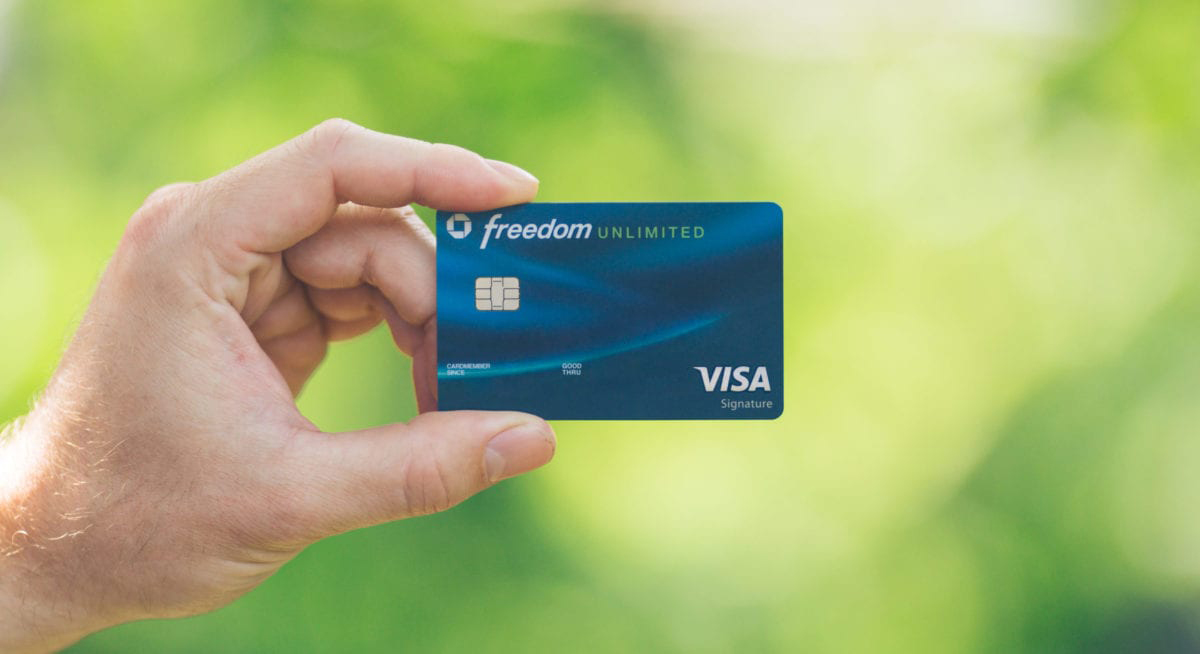Home>Finance>How To Get Credit Card Company To Remove Late Fee


Finance
How To Get Credit Card Company To Remove Late Fee
Published: February 22, 2024
Learn how to persuade your credit card company to waive late fees and improve your financial situation. Get expert tips on managing your finances effectively.
(Many of the links in this article redirect to a specific reviewed product. Your purchase of these products through affiliate links helps to generate commission for LiveWell, at no extra cost. Learn more)
Table of Contents
Introduction
Understanding the Importance of Credit Card Management
Welcome to the world of credit card management, where timely payments play a crucial role in maintaining a healthy financial profile. Late fees can be a pesky nuisance, yet they are more common than one might think. If you’ve found yourself in a situation where you’ve incurred a late fee on your credit card, don’t fret. This article will guide you through the process of approaching your credit card company to request the removal of a late fee.
It’s essential to recognize the impact of late fees on your financial well-being. Not only can they dent your wallet in the short term, but they can also have long-term effects on your credit score. Late payments are reported to credit bureaus and can lower your credit score, making it more challenging to secure favorable terms for future credit and loans. Therefore, addressing and rectifying late fees promptly is a prudent financial move.
Understanding the dynamics of credit card management and the implications of late fees is the first step towards taking control of your financial health. In the following sections, we will delve into the intricacies of contacting your credit card company, negotiating the removal of late fees, and ensuring that your efforts yield the desired results.
Understanding Late Fees
The Impact of Late Payments
Late fees are charges imposed when a credit card payment is not made by the due date. These fees can range from a fixed amount to a percentage of the overdue balance and are typically added to the following month’s statement. It’s important to note that late fees are not only a financial burden but can also have repercussions on your credit score and overall financial well-being.
When a payment is late, credit card companies may report the delinquency to credit bureaus. This can result in a negative mark on your credit report, potentially lowering your credit score. A lower credit score can affect your ability to secure favorable interest rates on loans, mortgages, and future credit card applications. Additionally, some credit card issuers may increase your interest rate as a penalty for late payments, leading to higher finance charges.
Understanding the implications of late fees goes beyond the immediate financial impact. It underscores the importance of maintaining a proactive approach to credit card management. By recognizing the potential consequences of late payments, individuals are empowered to take the necessary steps to address and rectify any late fees incurred.
It’s crucial to be aware of the terms and conditions outlined in your credit card agreement regarding late fees. Familiarize yourself with the grace period, late fee amount, and the process for disputing or requesting the removal of a late fee. Armed with this knowledge, you can confidently engage with your credit card company to address late fees and work towards a resolution that aligns with your financial goals.
Contacting the Credit Card Company
Initiating Communication
When faced with a late fee on your credit card statement, it’s essential to promptly initiate communication with the credit card company. Most credit card issuers provide customer service contact information on their website and monthly statements. Utilize the provided phone number or email address to reach out to the customer service department.
When contacting the credit card company, it’s crucial to maintain a courteous and composed demeanor. Clearly articulate the reason for your communication, emphasizing that you are seeking resolution regarding a late fee on your account. Be prepared to provide your account details, including the specific late fee in question, to facilitate a swift and efficient review of your case.
During the initial contact, take note of the representative’s name and any reference or ticket numbers associated with the interaction. This information can be valuable for future correspondence and serves as a record of your proactive approach to addressing the late fee.
Communication channels may vary among credit card companies, with some offering online chat support in addition to traditional phone and email options. Choose the method of communication that best suits your preference and ensures a clear and documented exchange of information.
By reaching out to the credit card company in a respectful and proactive manner, you set the stage for a constructive dialogue aimed at resolving the late fee issue. In the subsequent section, we will explore the process of negotiating the removal of late fees and the strategies to employ during this pivotal phase of interaction with the credit card company.
Negotiating the Late Fee Removal
Presenting Your Case
When negotiating the removal of a late fee with your credit card company, it’s important to approach the interaction with a well-prepared and persuasive argument. Begin by explaining the circumstances that led to the late payment, ensuring transparency and honesty in your communication. Whether it was an oversight, a financial challenge, or an unexpected event, providing context can humanize your situation and resonate with the representative.
Highlight your history of responsible account management, emphasizing any previous instances of timely payments and overall positive credit card usage. If you have been a long-standing customer with a favorable track record, this can bolster your case for late fee removal. Express your commitment to maintaining a positive relationship with the credit card company and your dedication to prompt payments in the future.
It’s beneficial to research and reference any applicable consumer protection regulations or credit card issuer policies that support the potential removal of late fees under certain circumstances. This demonstrates a proactive approach and a thorough understanding of consumer rights and credit card terms, reinforcing your position during the negotiation process.
During the negotiation, remain courteous and composed, even if met with initial resistance. Express gratitude for the opportunity to discuss the late fee and reiterate your genuine desire to reach an amicable resolution. If the representative is unable to accommodate the late fee removal during the initial negotiation, inquire about alternative options or escalation procedures to further address your concern.
Employing a diplomatic and persuasive approach to negotiating the removal of late fees can significantly influence the outcome of the interaction. By presenting a compelling case and maintaining a respectful demeanor, you enhance the likelihood of reaching a favorable resolution with the credit card company. In the subsequent section, we will explore the importance of following up after the initial negotiation and the steps to take to ensure the successful removal of the late fee.
Following Up
Ensuring Resolution and Confirmation
Following up after the initial negotiation with the credit card company is a crucial step in ensuring that the late fee removal process reaches a definitive resolution. If the late fee removal was agreed upon during the negotiation, it’s prudent to request written confirmation of the adjustment to your account. This serves as a tangible record of the resolution and provides peace of mind regarding the removal of the late fee.
If the late fee removal was not immediately approved during the negotiation, consider following up with a formal written request, either through email or traditional mail. Restate the circumstances that led to the late payment, reemphasizing your commitment to responsible account management and the potential impact of the late fee on your financial well-being. Express your sincere hope for a reconsideration of the late fee removal and reiterate your willingness to cooperate in resolving the matter.
During the follow-up communication, maintain a professional and courteous tone, acknowledging the credit card company’s consideration of your request and expressing gratitude for their attention to the matter. Timely and persistent follow-up underscores your commitment to achieving a fair and equitable resolution and demonstrates your proactive approach to addressing the late fee.
If the credit card company confirms the removal of the late fee, ensure that the adjustment reflects accurately on your subsequent account statements. Regularly monitor your statements to verify that the late fee has been indeed removed and that the account reflects the agreed-upon resolution. In the event of any discrepancies, promptly reach out to the credit card company to rectify the issue and secure the final confirmation of the late fee removal.
By diligently following up and confirming the successful removal of the late fee, you affirm the resolution of the initial concern and uphold the integrity of your credit card account. In the concluding section, we will summarize the key insights and proactive strategies discussed throughout the article, empowering you to navigate credit card late fee removal with confidence and efficacy.
Conclusion
Empowering Financial Management
In conclusion, navigating the process of addressing and potentially removing late fees from your credit card statements is an integral aspect of proactive financial management. Understanding the implications of late fees, initiating constructive communication with the credit card company, and skillfully negotiating the removal of late fees are pivotal steps in safeguarding your financial well-being and maintaining a positive credit profile.
By comprehending the impact of late payments on credit scores and overall financial health, individuals are equipped to approach credit card management with vigilance and responsibility. Timely and transparent communication with the credit card company fosters an environment of cooperation and understanding, setting the stage for productive negotiations regarding late fee removal.
During the negotiation phase, presenting a well-prepared and persuasive case, backed by a history of responsible account management and a thorough understanding of consumer rights and credit card terms, enhances the likelihood of a favorable outcome. Diplomacy, persistence, and a courteous demeanor are invaluable assets in navigating the negotiation process with the credit card company.
Following up diligently after the initial negotiation ensures that the late fee removal process reaches a definitive resolution. Requesting written confirmation of the late fee adjustment and monitoring subsequent account statements for accuracy and adherence to the agreed-upon resolution are essential steps in affirming the successful removal of the late fee.
Empowered with the knowledge and proactive strategies outlined in this article, individuals can confidently address late fees on their credit card statements, safeguard their credit profiles, and foster a positive and cooperative relationship with their credit card issuers. By approaching credit card management with attentiveness and assertiveness, individuals can navigate the landscape of late fee removal with efficacy and integrity, ultimately strengthening their financial foundation.
Remember, proactive and responsible credit card management is a cornerstone of financial stability, and addressing late fees with diligence and determination is a testament to your commitment to financial well-being.














